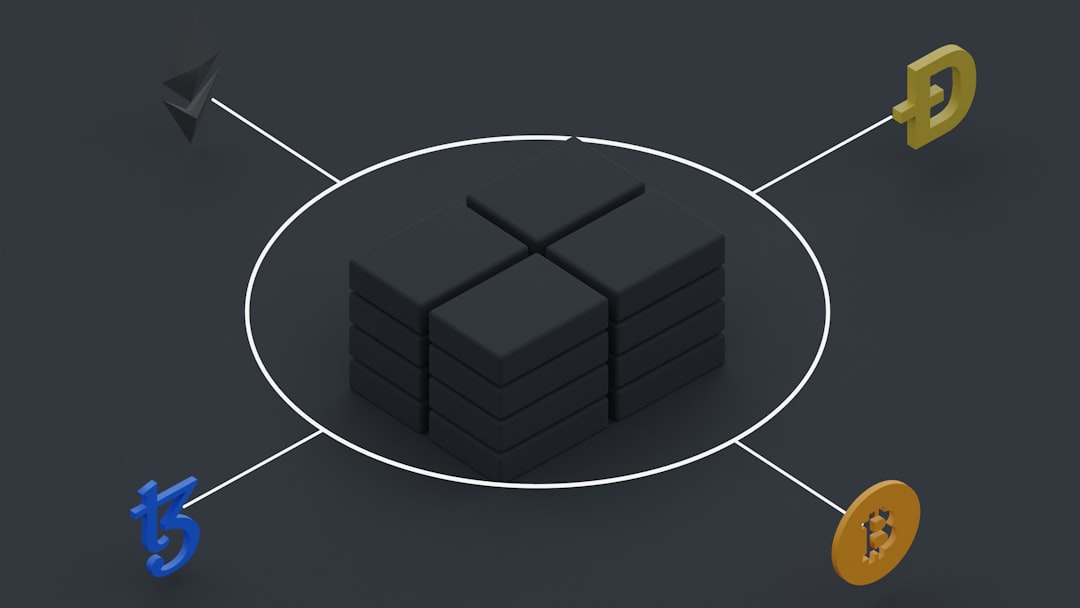In today’s digital age, cybersecurity is a top priority for businesses of all sizes. With the rise of cyber attacks and data breaches, companies must take proactive measures to protect their sensitive information and maintain the trust of their customers.
One crucial aspect of cybersecurity is security operations, which involves the monitoring, detection, and response to potential threats. In this article, we will explore the importance of security operations and how it can be enhanced through strategic operations.
What is Security Operations?
Security operations refer to the processes and procedures used to protect a company’s information and assets from cyber threats. This includes monitoring networks and systems for potential vulnerabilities, detecting and responding to security incidents, and implementing security measures to prevent future attacks.
The Role of a Security Operations Center (SOC)
by Carolina De La Torre (https://unsplash.com/@carolinas_way)
A Security Operations Center (SOC) is a centralized team responsible for monitoring and responding to security incidents. This team is typically made up of security analysts, engineers, and incident responders who work together to protect the organization’s assets.
The SOC is responsible for monitoring network traffic, analyzing security logs, and responding to potential threats. They also work closely with other departments, such as IT and risk management, to ensure that all security measures are in place and functioning effectively.
Why is Security Operations Important?
In today’s digital landscape, cyber attacks are becoming more sophisticated and frequent. This makes it crucial for companies to have a strong security operations strategy in place to protect their sensitive information and maintain the trust of their customers.
Proactive Threat Detection and Response
One of the primary benefits of security operations is the ability to proactively detect and respond to potential threats. By continuously monitoring networks and systems, security teams can identify and address vulnerabilities before they are exploited by cybercriminals.
This proactive approach can significantly reduce the risk of a successful cyber attack and minimize the impact of any security incidents that do occur.
Compliance and Regulatory Requirements
Many industries have strict compliance and regulatory requirements for data protection. By implementing strong security operations, companies can ensure that they are meeting these requirements and avoiding any potential penalties or fines.
Maintaining Customer Trust
In today’s digital age, customers are more aware of the importance of cybersecurity and expect companies to take measures to protect their sensitive information. By having a strong security operations strategy in place, companies can maintain the trust of their customers and protect their reputation.
How Can Strategic Operations Enhance Security Operations?
While having a security operations team in place is crucial, it is equally important to have a strategic approach to security operations. Here are some ways that strategic operations can enhance security operations:
Network Scanning for Vulnerability Assessment
by Shubham Dhage (https://unsplash.com/@theshubhamdhage)
Network scanning is the process of identifying and assessing potential vulnerabilities in a company’s network. This is typically done using specialized software that scans the network for any weaknesses or misconfigurations that could be exploited by cybercriminals.
By regularly conducting network scans, security teams can identify and address vulnerabilities before they are exploited. This proactive approach can significantly enhance security operations and reduce the risk of a successful cyber attack.
Implementing Security Information and Event Management (SIEM) Tools
Security Information and Event Management (SIEM) tools are designed to collect and analyze security data from various sources, such as network devices, servers, and applications. These tools use advanced algorithms to identify potential threats and alert security teams to take action.
By implementing SIEM tools, companies can enhance their security operations by automating the process of threat detection and response. This allows security teams to focus on more critical tasks and respond to potential threats quickly and effectively.
Conducting Regular Security Audits
Regular security audits are essential for identifying any weaknesses or gaps in a company’s security operations. These audits can be conducted internally or by a third-party security firm and involve a thorough review of all security processes and procedures.
By conducting regular security audits, companies can identify any areas that need improvement and make necessary changes to enhance their security operations.
How Does Network Scanning Help Assess Operations Security?
As mentioned earlier, network scanning is a crucial aspect of security operations. But how exactly does it help assess operations security? Here are some ways that network scanning can enhance security operations:
Identifying Vulnerabilities
Network scanning tools can identify potential vulnerabilities in a company’s network, such as outdated software, misconfigured devices, or unpatched systems. By identifying these vulnerabilities, security teams can take proactive measures to address them and reduce the risk of a successful cyber attack.
Detecting Malicious Activity
Network scanning tools can also detect any malicious activity on the network, such as unauthorized access attempts or malware infections. By identifying these threats, security teams can take immediate action to prevent any further damage and protect sensitive information.
Monitoring for Compliance
Network scanning tools can also monitor for compliance with industry regulations and company policies. This ensures that all security measures are in place and functioning effectively, reducing the risk of any compliance violations.
Real-World Examples of Strategic Operations in Security Operations
by ThisisEngineering RAEng (https://unsplash.com/@thisisengineering)
Many companies have successfully implemented strategic operations to enhance their security operations. Here are two real-world examples:
Cisco
Cisco, a multinational technology conglomerate, has a robust security operations strategy in place to protect its sensitive information and assets. They use a combination of network scanning, SIEM tools, and regular security audits to identify and address potential threats.
Their strategic approach to security operations has allowed them to proactively detect and respond to threats, maintain compliance with industry regulations, and protect their reputation as a trusted technology provider.
IBM
IBM, a global technology and consulting company, has a dedicated Security Operations Center (SOC) that is responsible for monitoring and responding to potential threats. They also use advanced SIEM tools to automate the process of threat detection and response.
IBM’s strategic approach to security operations has allowed them to quickly identify and address potential threats, maintain compliance with industry regulations, and protect their clients’ sensitive information.
Who is Responsible for Security Operations?
by Helena Lopes (https://unsplash.com/@wildlittlethingsphoto)
The responsibility for security operations typically falls on the shoulders of the Chief Information Security Officer (CISO) or the Chief Security Officer (CSO). These individuals are responsible for overseeing all aspects of cybersecurity, including security operations.
They work closely with other departments, such as IT and risk management, to ensure that all security measures are in place and functioning effectively. They also play a crucial role in developing and implementing a strategic approach to security operations.
Conclusion
In today’s digital age, cybersecurity is a top priority for businesses of all sizes. By implementing a strategic approach to security operations, companies can proactively detect and respond to potential threats, maintain compliance with industry regulations, and protect their sensitive information and assets. With the rise of cyber attacks and data breaches, it is crucial for companies to prioritize security operations and continuously assess and improve their security measures.




